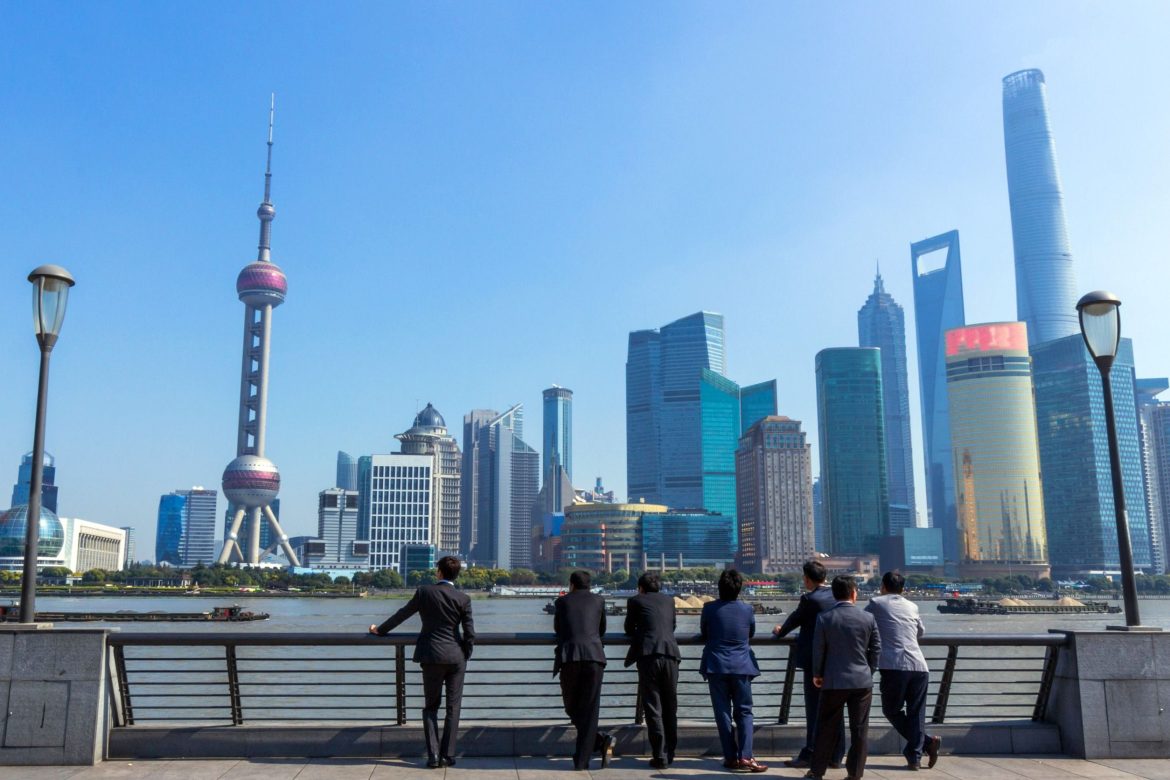In a significant restructuring effort, McKinsey & Co., the prominent US-based consulting firm, is poised to overhaul its operations in China, which includes laying off approximately 500 employees—roughly one-third of its workforce in the region.
This move follows a strategic pivot away from government-linked clients and is part of broader changes aimed at mitigating security risks associated with conducting business in the country, as reported by the Wall Street Journal.
According to sources familiar with the situation, McKinsey has begun to decouple its China unit from its global operations.
This shift reflects an increasing concern over the complexities of the Chinese market and the associated risks.
Over the past two years, the firm has systematically downsized its staff across Greater China, which encompasses Hong Kong and Taiwan.
As of June 2023, McKinsey had reported nearly 1,500 employees on its Greater China website.
While McKinsey did not provide immediate commentary in response to inquiries from Reuters outside regular business hours, the firm’s restructuring efforts underline a significant transition in its approach to the Chinese market.
Compounding these operational challenges, McKinsey is reportedly on the verge of reaching a settlement with US prosecutors concerning its previous engagements with opioid manufacturers.
Insiders indicate that the consulting giant could pay upwards of $500 million to resolve ongoing federal investigations into its role in supporting opioid sales, a matter that has drawn considerable scrutiny.
This forthcoming settlement, which is expected to be announced in the coming weeks, would conclude both criminal and civil inquiries led by the Justice Department.
Although the details are still being finalized and subject to change, the implications of this settlement are substantial for the firm. Representatives from both the Justice Department and McKinsey have declined to comment on the matter.
This settlement would add to the financial burdens already faced by McKinsey, which has previously settled claims with various US states regarding its advisory roles for drug companies linked to the opioid crisis.
The firm, which reported a record revenue of $16 billion last year, had already agreed in 2021 to pay substantial sums to settle accusations that it contributed to the opioid epidemic by providing sales strategies and marketing guidance to manufacturers of addictive painkillers.
Despite these allegations, McKinsey has maintained that its past activities were legal. In 2019, the firm pledged to cease consulting for companies involved in producing opioid-based medications.
In a statement on its website, updated as of May, McKinsey acknowledged that its prior work with opioid manufacturers, while lawful, did not meet the elevated standards it sets for itself.
The firm noted that it has invested nearly $1 billion since 2018 to enhance its risk, legal, and compliance operations, alongside implementing a more stringent client selection process.
Ongoing investigations by US attorney’s offices in Boston and Roanoke, Virginia, in conjunction with Justice Department lawyers in Washington, highlight the extensive legal pressures McKinsey faces.
Thousands of state and local governments are pursuing claims against opioid manufacturers and distributors, aiming to recover the billions spent on addressing the fallout from the opioid crisis.
Additionally, reports from Bloomberg Law indicate that a US judge has approved McKinsey’s proposal to pay $230 million to settle claims from cities and states, although the firm continues to navigate potential legal challenges related to its previous consulting work.
From 1999 to 2021, opioid overdoses have claimed nearly 645,000 lives in the US, encompassing both prescription and illicit substances.
The decade of the 2010s saw a troubling surge in overdose deaths, a trend that has been exacerbated by the emergence of synthetic opioids in the aftermath of the Covid-19 pandemic, leading to hundreds of thousands more fatalities.
The post Are McKinsey’s 500 job cuts in China a response to legal challenges and market pressures? appeared first on Invezz

